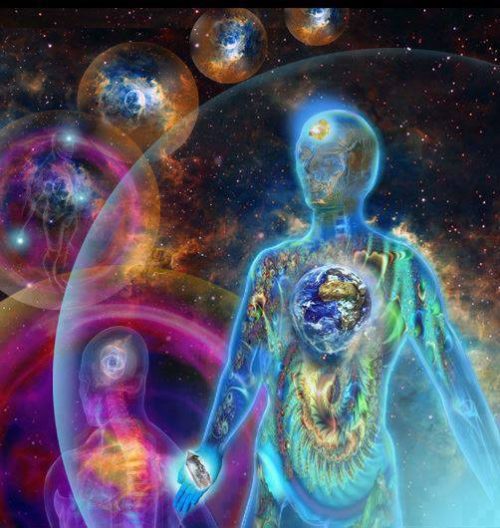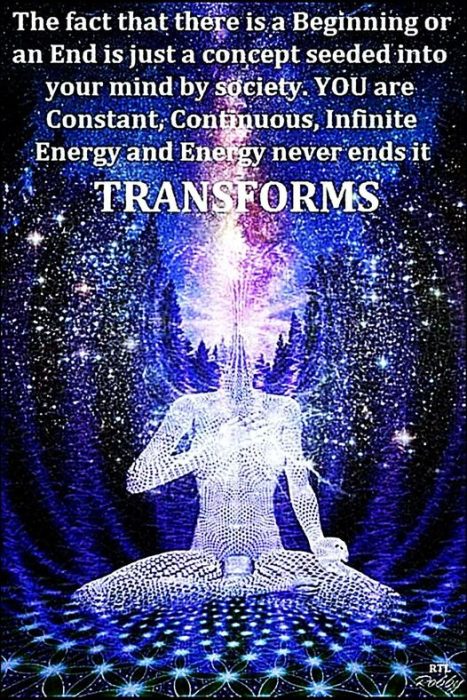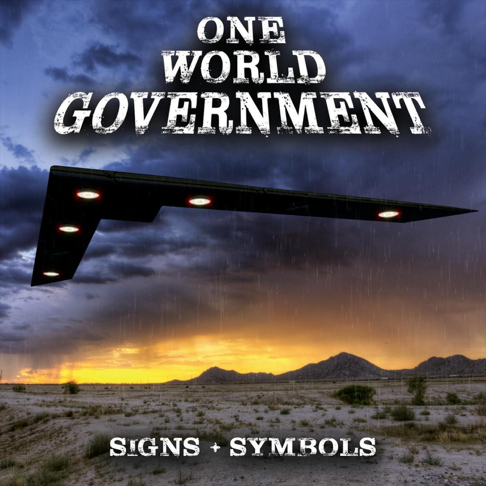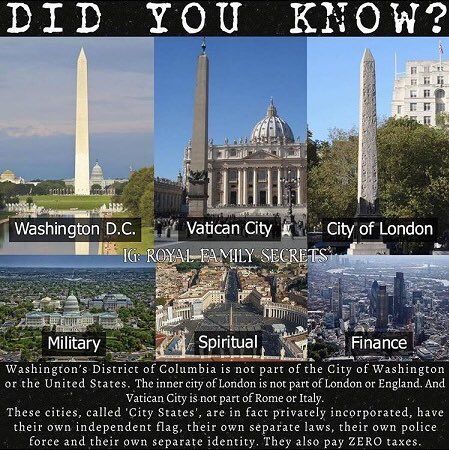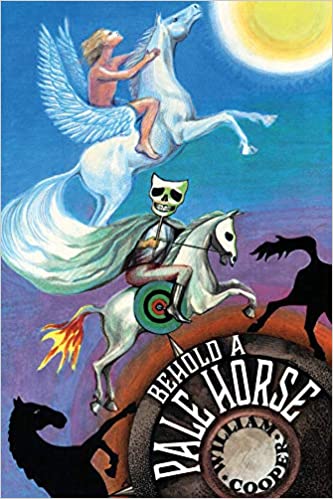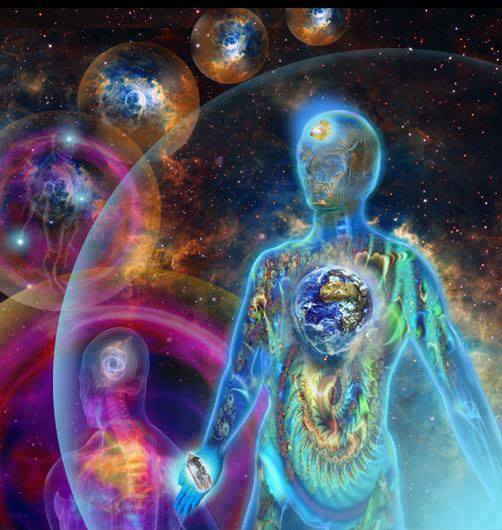
What is Mammon? Why Babylon will fall again? Capitalism and particularly neo-liberal capitalism — where the free market becomes the arbiter of policy and where business and bankers become the important dictators of policy rather than policies being based on the needs of the poor or even the majority of people —is just such an organized system of greed, where the rich get richer, where unfettered and corrupt bank leaders still claim bonuses whilst they plunge the world into recession
When Babylon is striked it will be felt as a great earthquake.Babylon Falls in One Hour. Babylon — past and future — as “fallen, fallen”.
The term “Babylon the Great” was given to all the bad things going on around the earth in these last days. The people in Babylon didn’t take Ezekiel’s ministry seriously ( 33 : 30-33 ) , but the day would come when God would prove him right
Isaiah sang a song, which used images of a vineyard and a gardener with expectations of a good crop to relate to God’s hope for Israel and Judah. God expected Israel and Judah to produce good fruit because He had given every possible advantage in a fertile land. Since Israel and Judah were guilty of selfish pride and greed, frivolous pleasure, alcoholic indulgence, cynical materialism, reversing the standards of morality, and complete corruption, God would remove His protective hedge and allow devastation by invaders.
What is Mammon?
The word mammon comes from the Greek word mammonas. Similar root words exist in Hebrew, Latin, Aramaic, Chaldean and Syriac. They all translate to “money, wealth, and material possessions.”At the end of the day, mammon is a spirit and is diametrically opposed to the spirit of God.
In biblical culture the word mammon often carried a negative connotation. It was sometimes used to describe all lusts and excesses: gluttony, greed and dishonest worldly gain. Ultimately, mammon described an idol of materialism, which was man-made many and still is trusted as a foundation for their world and philosophy. While the King James Version retains the term Mammon in Matthew 6:24, other versions translate the Greek as “money,” “wealth,” or “riches.”
The city of Babylon (Revelation 18), with all its avarice and greed, is a description of a world given over to the spirit of Mammon. Some scholars cite Mammon as the name of a Chaldean god, similar to the Greek god of wealth, Plutus.
In Luke 16:14-15, Jesus rebukes those who refused to hear His admonition to choose God over mammon: “The Pharisees, who loved money, heard all this and were sneering at Jesus. He said to them, “You are the ones who justify yourselves in the eyes of others, but God knows your hearts. What people value highly is detestable in God’s sight.”
The parable of the rich fool (Luke 12:13-21) is the story of a man who lives to increase his wealth yet in the end he loses his soul because he “is not rich toward God” (verse 21). Mark 4:19 warns of the deceitfulness of mammon and its ability to “choke the Word, making it unfruitful.”
Mammon cannot produce peace in us, and it certainly cannot produce holiness, godliness or righteousness. A love of money shows we are out of balance in our relationship to God. Proverbs 8:18 speaks of true, lasting riches: “With me [Wisdom] are riches and honor, enduring wealth and prosperity.” Jesus teaches us in Matthew 6:19-34 to not worry about our physical needs, about houses or clothes or food, but to “seek first his kingdom and his righteousness, and all these things will be given to you as well” (verse 33).
On the other side there is the vaunting, self-glorifying, greed-governed, and essentially brutal egoistic element that destroyed Babylon, Rome, and other ancient civilizations. Here also is the spirit of imperialism, strangling the spirit of popular government. One can become greedy or selfish , by the abuses of another human being.
Capitalism and particularly neo-liberal capitalism — where the free market becomes the arbiter of policy and where business and bankers become the important dictators of policy rather than policies being based on the needs of the poor or even the majority of people —is just such an organized system of greed, where the rich get richer, where unfettered and corrupt bank leaders still claim bonuses whilst they plunge the world into recession, and where profit and the love of money reigns supreme.
The Perils of Tradition
Tradition has unbelievable power and influence over a person’s mindset. Tradition says, ‘this is the way we have always done things and no matter what, we ain’t changin’ our program for nobody.’ Tradition spits in the face of change and truth. Tradition bristles at the suggestion of destroying dead doctrines and trashing antiquated practices.
Tradition is a top donor for the spiritual survival of the idolater and his pursuit of demonizing the faith of God’s people in the marketplace. There is an entire generation of people that have been created through the vestige of tradition that most people don’t know about. They are still elusive in the eyes of Christ; like trying to grab a handful of smoke. These ‘traditionalists’ are there, but they aren’t there; if you know what I mean? They exist in a vacuum insulated by ignorance, fear, stubbornness and superstition.
Nobody wants to challenge the rituals that are blotting out Christ from the hearts and minds of the people because it is unpopular. Jesus called these individuals hypocrites, vipers and wicked.
The institutional church (IC) is entrenched is tradition because of filthy lucre’s sake (Titus 1:10-11). Translation: the IC loves money more than God! People have to be dead to miss that…!
Solomon writes of the futility of chasing after mammon: “Whoever loves money never has enough; whoever loves wealth is never satisfied with their income. This too is meaningless” (Ecclesiastes 5:10). Lust of any kind is insatiable, no matter how much time or effort is poured into the pursuit of the object (idol) of lust.
This city of pride, greed, materialism, and rebellion will face the fierce wrath of almighty God. World of Babylon The judgment against Babylon is against her pride, ruthlessness, greed and materialism.
The most visible sign of covetousness is materialism. A sure sign of the covetous nature of materialism is its insatiability. Legitimate desires (such as food, drink, and companionship) can be satisfied. Illegitimate desires (such as pride, envy, greed, and lust), by their very nature, can’t be satisfied.
Materialism is the desire for “things” as opposed to spiritual worship, which is the desire for God. Materialism is seen in a passion for money, possessions, and endless pursuits of physical pleasures and recreations. But all that is going to end. In Revelation 18, the music stops, money fails, and possessions are worthless. In other words, the party is going to be over the moment the lights go out!
Revelation 18 describes the coming global financial collapse. Jesus condemns worldliness (vv. 1-3); Jesus calls saints to come out of worldliness (vv. 4-8); Jesus describes the worthlessness of worldliness (vv. 9-19); and Jesus celebrates the end of worldliness (vv. 20-24).
Why would John have such a vision on a prison island? When we come to Revelation 18 we are looking at the fully-grown evils of this world. As we saw in our study of Revelation 17, Babylon is at the same time an ancient city, a kingdom of the past, as well as a system of religion and a present way of life—worldliness, materialism, and covetousness. Babylonian materialism in Revelation 18 may be distilled down to one word in the Bible: covetousness, which is idolatry. It is the worship of “mammon” (money, possessions, and so on) instead of God.
Babylon is the place of great and final hope for mankind and in the Bible version, Babylon stands for the last and ultimate failure of a God for-saken humanistic world system.
If we move to the New Testament, we read about the fall of Babylon in Rev. 14:8 and distinctly in Rev. 18. This time Babylon will fall a final time and the extent of its fall will be much greater.
No city in human history will experience such a cataclysmic and total fall as Babylon. God’s Word is clear. This city of pride, greed, materialism, and rebellion will face the fierce wrath of almighty God.
As you can see, Babylon is first on God’s “hit list.” God even devotes two whole chapters (fifty-four verses) to Babylon. When you read Isaiah 13-14, it seems as if God looks upon Babylon as a kind of prototype, an embodiment of all the nations who rebel against God in pride. Babylon’s destruction is graphically portrayed in Isaiah 13. This might seem a bit long, but I wanted you to get the full flavor of God’s displeasure with Babylon, both here and in the other Scriptures that follow:
The oracle concerning Babylon which Isaiah the son of Amoz saw. Lift up a standard on the bare hill, raise your voice to them, wave the hand that they may enter the doors of the nobles. I have commanded My consecrated ones, I have even called my mighty warriors, my proudly exulting ones, to execute My anger.
Remember what the prophet Zephaniah said: “Neither their silver nor their gold Shall be able to deliver them In the day of the LORD’s wrath; but the whole land shall be devoured By the fire of His jealousy, For He will make speedy riddance of all those who dwell in the land” (Zephaniah 1:18).
In four verses in Revelation 18 the earth dwellers lament their loss of luxuries, money, and things (vv. 9, 11, 15, 19) as well as the lightning-like speed of their loss (vv. 10, 17, 19). The “weeping and wailing” is the sound of the uncontainable bawling of someone who has lost something irreplaceable. But in all the weeping and wailing, they fail to even notice that the greatest loss is of their own souls! What a tragic scene!
The End of Worldliness
“‘Rejoice over her, 0 heaven, and you holy apostles and prophets, for God has avenged you on her? Then a mighty angel took up a stone like a great millstone and threw it into the sea, saying, ‘Thus with violence the great city Babylon shall be thrown down, and shall not be found anymore. . . . For your merchants were the great men of the earth, for by your sorcery all the nations were deceived. And in her was found the blood of prophets and saints, and of all who were slain on the earth.’ ” —Revelation 18:20-24
Worldliness uses the deafening spell of entertainment. Gone will be the diversions. There will be no more music and tunes to drown out God and their problems. Music and entertainment will be shut down. The work that has captivated so many, keeping them from spiritual things, will cease. The regular grind (millstone) of life will stop. There will be nothing left to distract the earth dwellers from thoughts of God. This is just another of the endings of chapter 18: the profits of commerce end in verse 11; the enjoyment of exotic commodities end in verse 14; the whole system of materialism burns up in verse 21; and the very sounds of life—music, industry, and home—cease in verse 22. Finally, even light and social life stop in verse 23.
Why? Because of their sorceries “all the nations were deceived” (18:23). The Greek word for “sorcery” is pharmakeia, which refers to the drug-induced stupors of addiction, the demonic-induced bondage of the astrology industry, the godless and mindless following of evolution, and the dehumanization of mankind by philosophy and secular education.
A worldly person is tied to finances, wealth, and possessions. “Your merchants were the great men of the earth” (18:23c). Our society makes gods of the millionaires and billionaires of this world. These earth dwellers find their greatness in money and belongings. They live to acquire and hold and enjoy things. But God is going to erase all the worldly person’s assets.
A worldly person is intoxicated by the world. “By your sorcery all the nations were deceived” (18:23d). The end of this verse speaks of drugs and sorcery, which can include alcohol as well as drug-induced witchcraft. But there are also people who are intoxicated by the world itself. They can’t understand, and don’t care, about the gospel. But God is going to bring an end to this familiar world.
What will the earth really be like when God pulls the plug? In Revelation 18:23a, we find some amazing words: “The light of a lamp shall not shine in you anymore.” In twenty-first century terms, this verse says the power grid will be shut down. It says that no power, no electricity, and no technology that uses electricity will be running.
Revelation 18 marks the end of the world as we know it. According to the Word of God, that will not happen for at least seven years from now. The world that ends in this chapter is a highly technological world that has some type of cashless society. This would require well-functioning computers, or something beyond computers that we don’t even know about yet.
In Revelation 18 spelled out the end of the political and economic system of our world. In one brief chapter all the ages of man’s greed comes to a halt. That chapter is about God disrupting everyday life. It defines the judgment of God upon a society which worships the creation—technology, pleasures, comforts, and all other allurements of this world instead of the Creator.
Worldly possessions can’t meet our deepest needs. Look at what happens in these verses: ” ‘ “Alas, alas, that great city Babylon, that mighty city! For in one hour your judgment has come.” And the merchants of the earth will weep and mourn over her, for no one buys their merchandise anymore…. The fruit that your soul longed for has gone from you, and all the things which are rich and splendid have gone from you, and you shall find them no more at all’ ” (Revelation 18:10-14).

